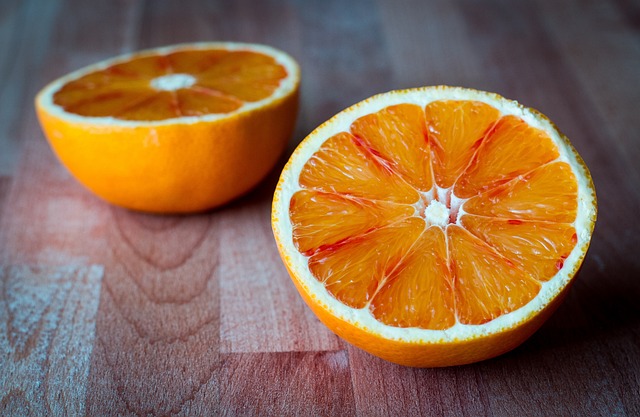Unveiling the Power of Probiotics: How These Tiny Bacteria Transform Your Gut Health
Probiotics have gained significant attention in recent years, and for good reason. These tiny bacteria have the potential to transform your gut health and have a profound impact on your overall well-being. In this article, we will explore the power of probiotics and how they can support a healthy gut.
What are Probiotics?
Probiotics are live microorganisms that can be consumed to provide health benefits. While bacteria are often associated with illness, probiotics are the good guys – the beneficial bacteria that play a crucial role in maintaining a healthy gut.
The most common types of probiotics are lactobacillus and bifidobacterium. These bacteria are naturally present in your body, particularly in your digestive system. However, factors such as stress, poor diet, and certain medications can disrupt the balance of these beneficial bacteria, leading to various digestive issues.
How do Probiotics Work?
Probiotics work in several ways to improve gut health:
- Restoring the balance: When the balance of good and bad bacteria in your gut is disrupted, probiotics help restore the natural balance, promoting a healthy environment for digestion.
- Enhancing nutrient absorption: Probiotics enhance the absorption of nutrients from the food you consume. This ensures that your body gets the maximum benefit from the nutrients and vitamins present in your diet.
- Strengthening the immune system: Your gut plays a vital role in your immune system. Probiotics support the development of a robust immune response, helping your body fight off harmful pathogens and reducing the risk of infections.
- Reducing inflammation: Chronic inflammation in the gut can lead to various digestive disorders. Probiotics help reduce inflammation, alleviating symptoms like bloating, gas, and discomfort.
The Benefits of Probiotics for Gut Health
The consumption of probiotics has been associated with numerous health benefits, including:
- Improved digestion: Probiotics aid in the breakdown and absorption of food, reducing the occurrence of digestive issues such as constipation, diarrhea, and irritable bowel syndrome (IBS).
- Enhanced mental well-being: There is growing evidence of a strong connection between the gut and the brain. Probiotics have been shown to support mental health by reducing symptoms of anxiety, depression, and stress.
- Weight management: Some strains of probiotics have been found to promote weight loss and prevent weight gain. They can also help reduce belly fat and waist circumference.
- Stronger immune system: By strengthening the gut barrier and enhancing the immune response, probiotics can lower the risk of infections, allergies, and autoimmune conditions.
- Improved skin health: Probiotics can have a positive impact on skin health by reducing conditions such as acne, eczema, and rosacea.
How to Incorporate Probiotics into Your Diet
Probiotics can be found in various foods and supplements. Here are some ways to incorporate them into your diet:
- Yogurt: Yogurt is one of the most well-known sources of probiotics. Look for brands that contain live and active cultures.
- Kefir: Similar to yogurt, kefir is a fermented milk drink that contains a high concentration of probiotics.
- Sauerkraut: Made from fermented cabbage, sauerkraut is loaded with beneficial bacteria.
- Kombucha: Kombucha is a fermented tea beverage that provides probiotics along with other health-promoting compounds.
- Kimchi: Kimchi is a traditional Korean dish made from fermented vegetables, including cabbage and radishes.
- Probiotic supplements: If you are unable to get sufficient probiotics from your diet, supplements can be a convenient option.
It’s important to note that different strains of probiotics have different effects on the body. Consulting with a healthcare professional or a registered dietitian can help you choose the right probiotic supplement







